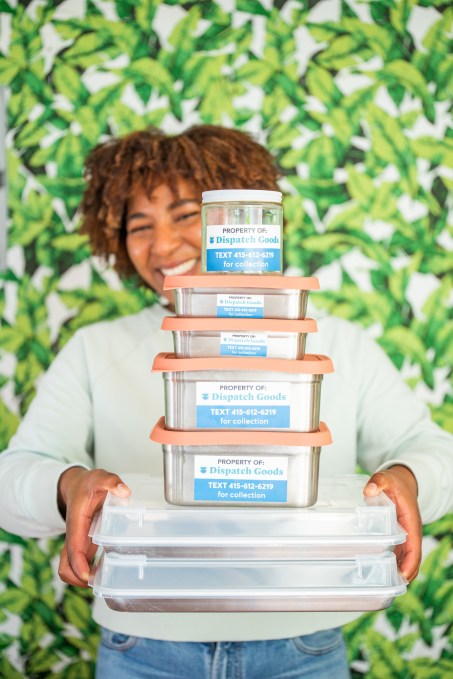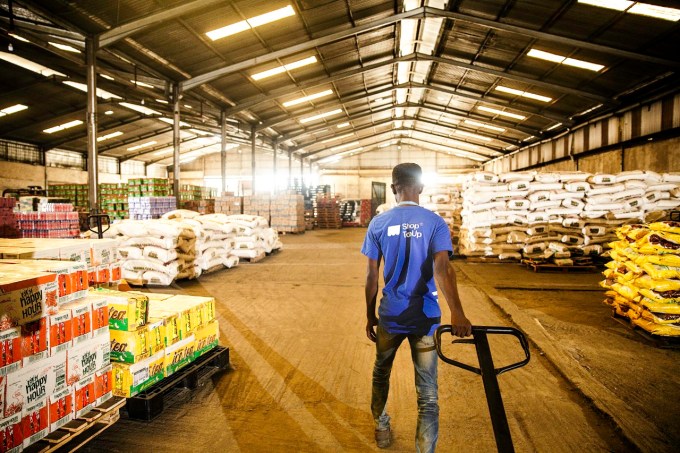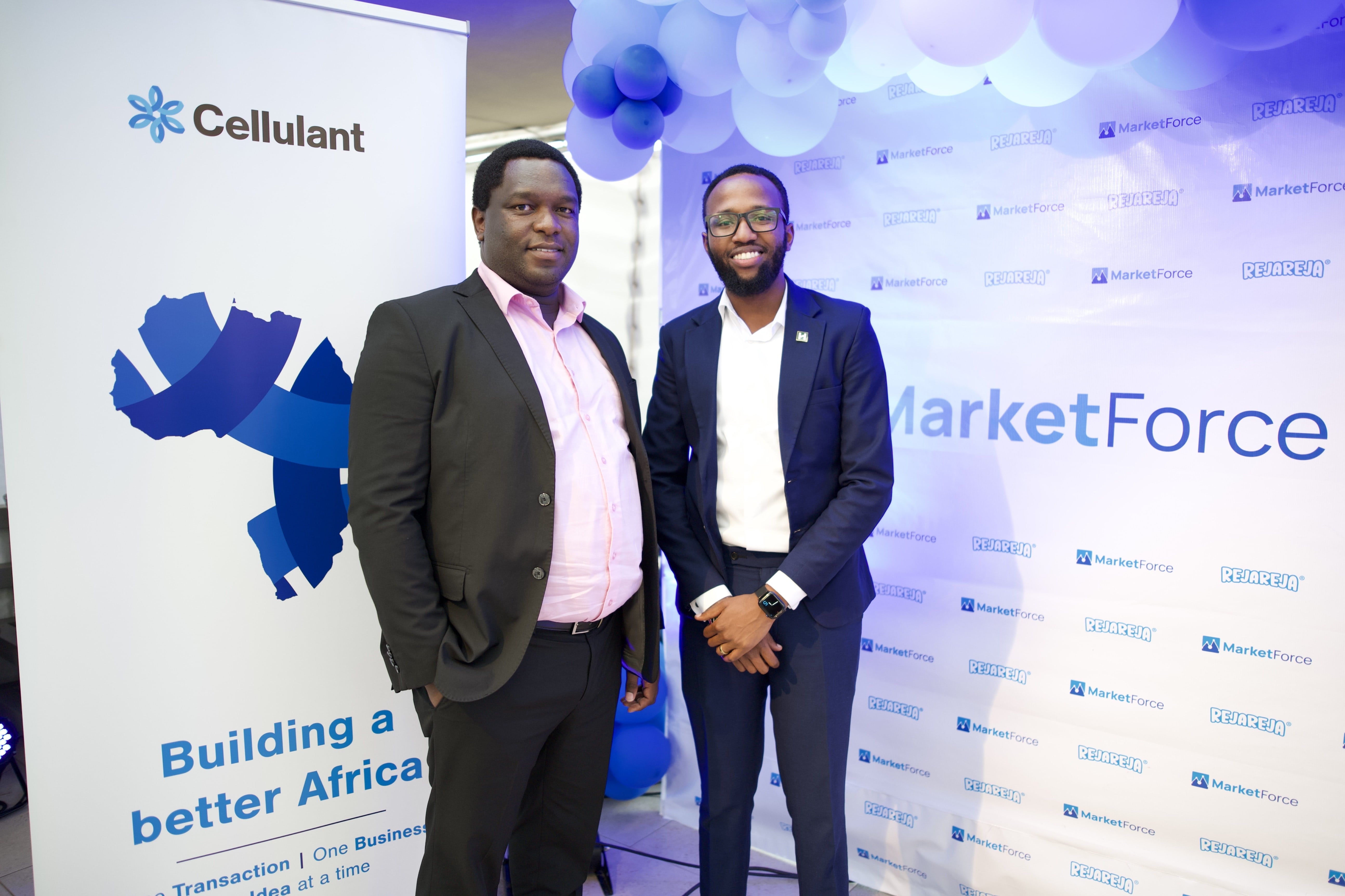Vinehealth, a 2018-founded, London-based digital health startup that’s built an app which offers personalized support for cancer patients while also making it easier to gather patient-reported outcome (PRO) data, including for drug development and clinical trials, has closed a $5.5 million seed round as it prepares to expand into the U.S.
The round, which co-founder and CTO Georgina Kirby describes as a “late seed” — ahead of a planned Series A “in the next 12-18 months” — is led by Talis Capital with participation from previous investors Playfair Capital and Ascension.
A number of angel investors have also joined the round, including Keith Gibbs, former CEO of AXA PPP Healthcare; Pam Garside, partner at Newhealth; Voyagers Health-Tech Fund, led by David Rowan, founding editor of Wired; David Giampaolo, healthcare entrepreneur and founder of PI Capital; Deepali Nangia, venture partner at Speedinvest and Atomico Angel; Faisal Mehmud, VP and former medical director of Bristol Myers Squibb; and KHP, a collaboration between King’s College London, King’s College Hospital NHS Foundation Trust and Guy’s and St Thomas’ NHS Trust.
The startup — which we billed as one “to watch” back in 2019 when we saw the founders pitching at Entrepreneur First’s demo day — combines behavioral science and AI to deliver timely patient support and nudges (for things like medication reminders) so they can more easily self-manage their treatment.
Vinehealth’s platform also acts as a channel through which patients can be remotely monitored by their clinicians as they provide feedback on symptoms and report any treatment side-effects.
So far its app has been downloaded around 15,000 times since being made available in January 2020 — which Kirby confirms covers all usage to date, so both for pure patient-support and for trials/research.
The patient-support app is offered free for cancer patients to download themselves — currently available in the UK and Ireland.
For pharma, Vinehealth provides its platform as a software-as-a-service — supporting drug companies in recruiting patients for trials and gathering PRO to help with R&D and drug development.
“We’ve been focused on pharma since the very beginning and we’re getting a lot of traction there and seeing a lot of opportunity,” says Kirby. “The patient support program and the clinical trial are extremely similar [products]… For pharma they’re different parts of the drug development process but in terms of the delivery of software, the things that patients need throughout that process — it’s extremely similar. So we’ve really narrowed down to that life science offering.”
She confirms Vinehealth is not going down the procurement route of trying to sell to healthcare services directly. So essentially the idea is for life sciences research to fund free provision of the support software to patients. (Although it can’t disclose any pharma customer names as yet.)
While, for monetization, it’s focused on serving the needs of drug companies, Vinehealth is equally keen to be seen as patient-centric — and wants its app to play a key clinician support role that promotes better patient outcomes.
“We have a web dashboard that is accessible through any browser for clinicians and doctors who want to be able to track their patients remotely and do this through running research studies or even within clinical trials,” says Kirby. “Those doctors and nurses can see that data in real-time but they can feed that into either appropriate points of the care pathway — obviously they’re not sitting there on the dashboard all day but there may times at which it’s very useful for them to see specific red flags and be able to know which patient to see see first and also to know how to make better clinical decisions using that kind of more real-time data — rather than the typical [fortnightly or monthly catch up with a patient].”
“So it’s kind of giving them that context and that rich longitudinal data that they’ve never had,” she adds.
Vinehealth has digitized the traditional paper-based questionnaires that cancer patients would typically be asked to fill in during a visit with their clinical team to report their symptoms and provide any wider feedback.
Its premise is that moving that legacy process to a dedicated, user-friendly digital interface supports better patient self management, treatment outcomes and improved quality of life for people living with cancer — given the relative ease of reporting data via an app, combined with the wider support package it offers (it’s worked with charities Macmillan and Bowel Cancer UK to supply support content to the app).
For example, Kirby says they use A/B testing and AI to configure personalized and timely recommendations to surface appropriate resources, as well as to determine how best to nudge and motivate patients to take medications and manage what can be complex medication regimes for cancer treatment.
Vinehealth’s app wrapper can also dole out positive feedback to encourage patients to provide PRO.
Kirby points to (general) evidence that when patients track their PRO data effectively survival rates can increase — by up to 20%. “Better self management can have such a huge impact on survival,” she says, adding: “We want to show not only improvements in survival but in quality of life too.”
The blend of behavioral science and data-driven support Vinehealth’s approach involves stems from the combined expertise of the co-founders.
“Rayna’s [Patel; co-founder and CEO] background is really in behavioral science; mine is in data science,” says Kirby. “And so when we came together we thought we can really leverage both sides here — and use the data to understand what people are going through and where those nudges can be most effective. And use behavioral science to deliver some really key nudges at the right time with the right wording that can really nudge people to build their habits and be able to feel more in control and be able to actually understand what’s going on and make some better decisions for their own care.
“There are a number of nudges in the app — some small ones, some bigger ones. We build medication nudges and reminders to be delivered in a certain way that is really effective and isn’t just dismissed by patients. We have nudges for logging certain symptoms and what that leads on to — so certain supportive content. So you’re logging anxiety at certain levels, here’s some supportive content that could really help you with dealing with this particular symptom or side effect of your drug.”
“At different times it’s about the timing, the wording and the delivery of that nudge,” she adds. “If you try to change too many things at once research shows that you don’t change anything at all — so we’ve really carefully thought about how we nudge and how we try to help patients build better habits and how often we do that as well.”
Kirby says the goal — in time — is also to use AI to incorporate more advances suggestions into the platform in the future, such as predictive symptom logging (i.e. “what is likely to occur for this particular drug for this particular patient”).
For now, Vinehealth has built a content recommender system which is specialized in oncology and personalized to the patient; tuned to their diagnosis, adapting to their ongoing input, and factoring in content that other similar patients are reading and finding supportive.
On the research side, Kirby says the largest study the platform has been used for to date is an ongoing study involving nine NHS Trusts and 300 patients — which is a piece of research that Vinehealth is undertaking itself.
“We’re planning out a number of clinical trials that are slightly largely than that but still tbc in terms of exact numbers. The US studies are likely to be the larger ones,” she adds.
Health data is of course highly sensitive and Kirby confirms that consent for any third party research purposes is sought separately to the consent which a user of the patient-support product is asked for in order that Vinehealth can process their medical information to provide the service and give them personalized treatment support.
“That data is not shared with anybody — unless they have [given] explicit consent to do that. By just signing up to the platform they’re not consenting to sharing their data as part of a clinical trial. That is a completely separate piece of consent,” she says.
“We make it extremely clear and don’t want to hide any sharing in any way — it has to be really obvious and really clear to a patient. Ultimately everyone wants to support patients. They want to give more opportunities for patients to be in those clinical trials, to be able to capture that data and feed that back in a way where — normally they’re suffering at home with these kind of side effects and that’s never getting back to the pharma company, for example — so we’re making it really clear what we’re doing and why we’re doing that and we give patients a choice.”
Kirby does suggest that, in the future, the startup may also look to be able to provide “properly anonymized” data-sets based on purely aggregated insights provided by patients — so it might, for example, be able to highlight demographic groups that experience particular side effects of certain drugs. However she adds that that is not something it’s doing at the moment — “given our focus on trials and patient support programs”.
In the near term Vinehealth is gearing up for growth via a US launch — which it hopes will happen “early next year” — with the 18-strong team likely to double over the next six months or so and its first US hire already locked in.
“The main thing that we’ve been focused on since we fund raised is hiring a great team and growing that team and investing time in really building that out and making sure that everyone’s aligned on the mission and that we’re really building out a product that’s scalable to be able to take into these new markets,” says Kirby, adding: “Building a startup is all about having great people. You can have great technology but if you don’t have great people then you don’t really have anything.”
Commenting on the seed funding in a statement, Beatrice Aliprandi, principal at Talis Capital, said: “We’re hugely excited to be partnering with Rayna and Georgina: we’d been keeping a close eye on Vinehealth’s growth for several months before we invested in the company, given its unique value proposition where healthcare outcomes work in direct correlation with financial outcomes. It’s a win-win-win for patients, hospitals and pharmaceutical companies, which is rarely the case in the healthcare space where parties are often at odds with one another.
“From our first meeting, the resilience and mission-driven attitude of the founders was immediately clear and is really what made this opportunity so compelling. Both Rayna and Georgina are clearly incredibly driven to improve the lives and survival of cancer patients, and as a team they possess a unique combination of expertise, skills, and drive to make Vinehealth a success.”








